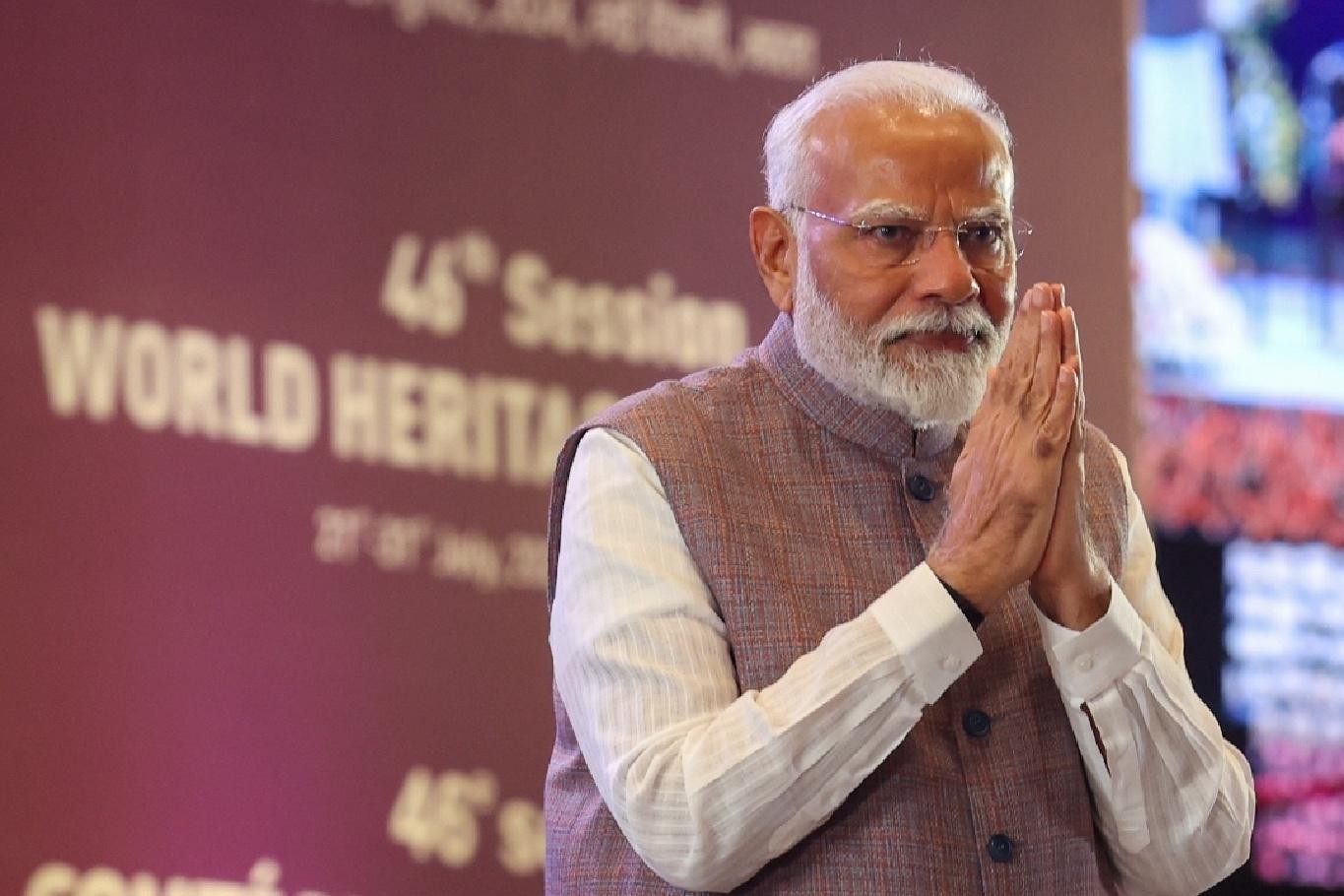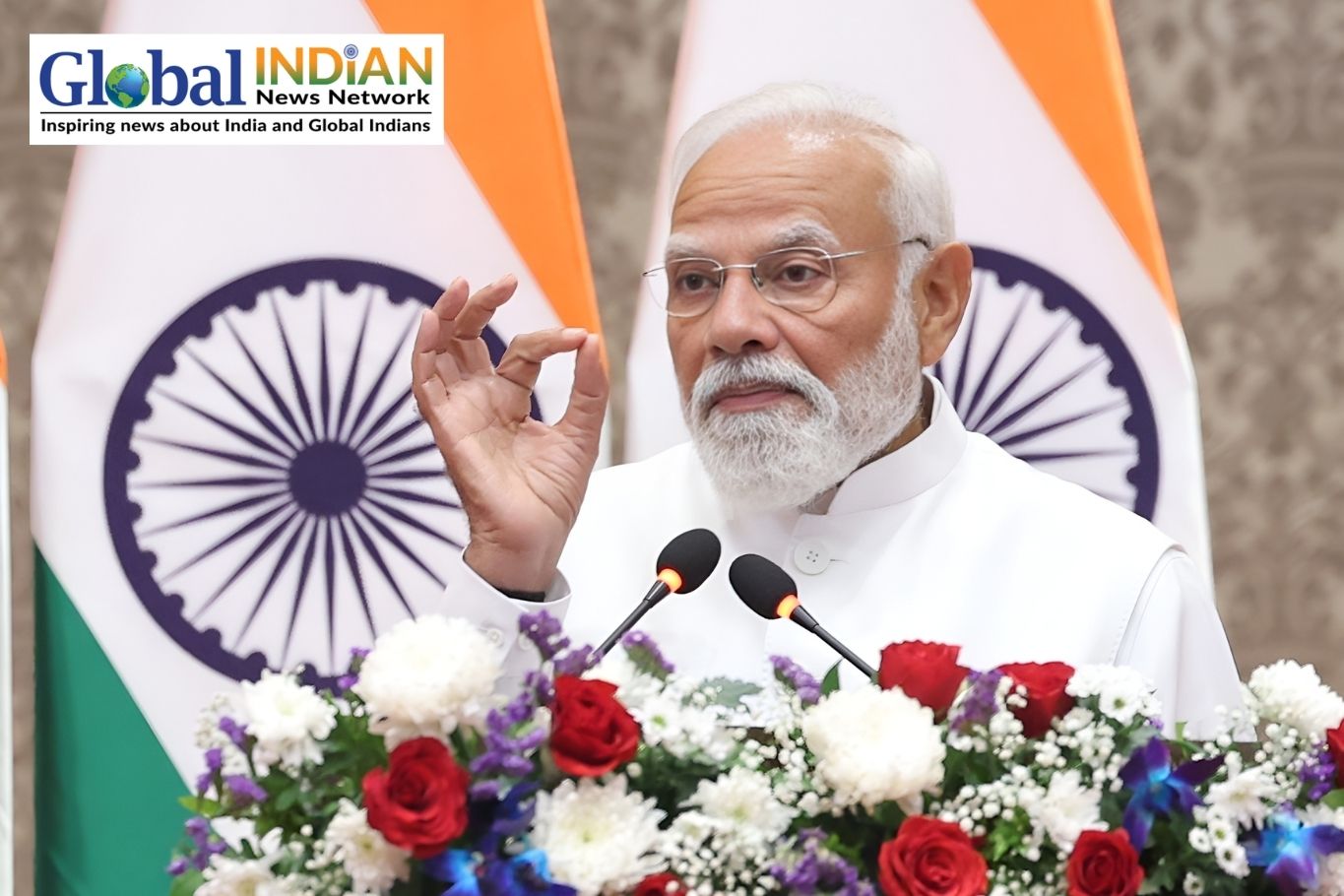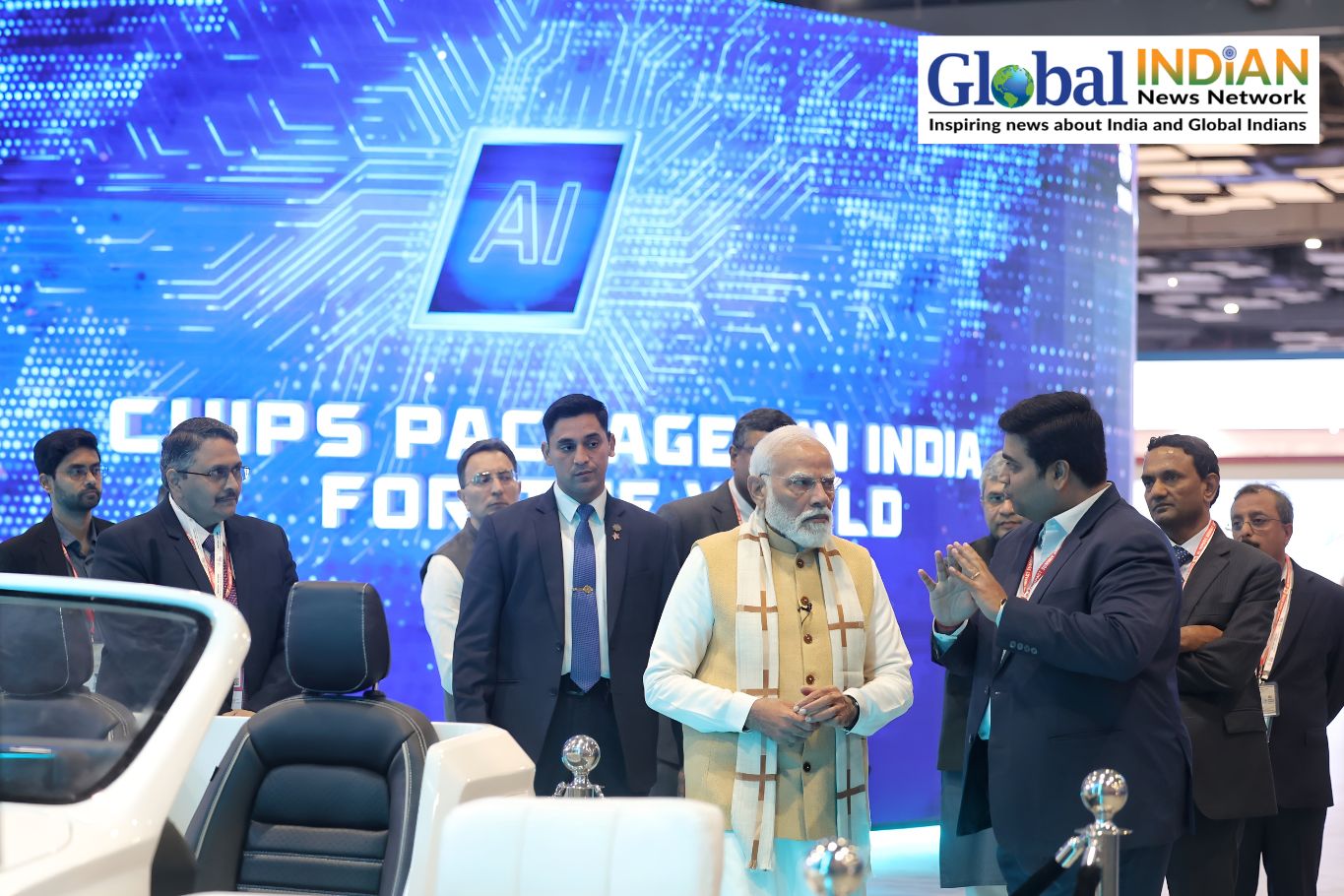
Prime Minister Narendra Modi is set to address the opening session of the ‘Journey Towards Viksit Bharat: A Post Union Budget 2024-25 Conference’ at Vigyan Bhawan, Delhi, on Tuesday at noon. Organized by the Confederation of Indian Industry (CII), the conference aims to outline the government’s broader vision for growth and the role of industry in this initiative.
The Prime Minister’s Office has announced that over 1,000 participants from various sectors, including industry, government, diplomacy, and think tanks, will attend the conference in person. Additionally, many will join remotely from CII centers across India and internationally.
In his post-budget address, the Prime Minister emphasized that the Viksit Bharat budget ensures inclusive growth, benefiting all societal segments and steering India towards development. The Union Budget for 2024-25, presented by Finance Minister Nirmala Sitharaman on July 23, outlines a comprehensive plan targeting job creation, support for MSMEs, agriculture, startups, and overall economic growth amid global challenges.
The Finance Ministry noted that inflation in India remains low and stable, progressing towards the 4% target, with core inflation at 3.1%. Measures are being implemented to maintain a steady supply of perishable goods. Sitharaman introduced the Prime Minister’s package, which includes five schemes aimed at providing employment, skills, and opportunities for 41 million youth over the next five years, with a central allocation of approximately $24.1 billion. This year, around $17.9 billion is dedicated to education, employment, and skill development.
The budget highlights nine key priorities for the Viksit Bharat vision, including enhancing agricultural productivity and resilience, creating job opportunities, promoting inclusive human resource development and social justice, boosting manufacturing and services, advancing urban development, ensuring energy security, improving infrastructure, supporting innovation and research, and implementing next-generation reforms.
Farmers will benefit from the release of 109 high-yielding, climate-resilient crop varieties, with plans to introduce 10 million farmers to natural farming over the next two years, along with support for certification and branding. Additionally, 10,000 bio-input resource centers will be established.
To achieve self-sufficiency in pulses and oilseeds, the government plans to boost production, storage, and marketing for crops such as mustard, groundnut, sesame, soybean, and sunflower. The implementation of Digital Public Infrastructure (DPI) in agriculture will cover farmers and their lands within three years, with approximately $18.5 billion allocated to agriculture and allied sectors this year.
Three ‘Employment Linked Incentive’ schemes under the Prime Minister’s package will focus on EPFO enrolment, first-time employee recognition, and support for employees and employers. Over the next five years, 2 million youth will be skilled, 1,000 Industrial Training Institutes will be upgraded, and the Model Skill Loan Scheme will be revised to offer loans up to approximately $9,000 with government-backed guarantees, benefiting 25,000 students annually.









